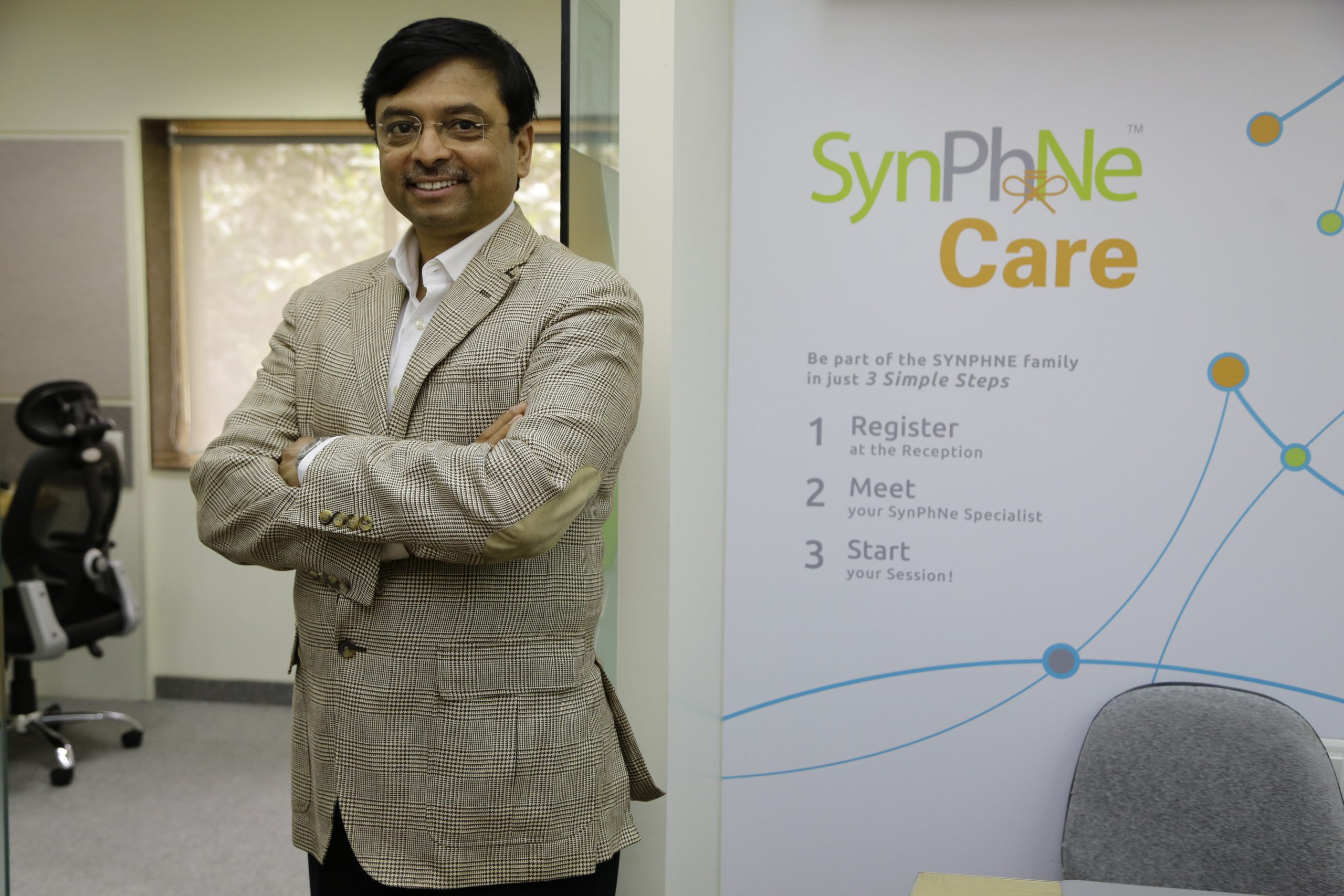New Delhi: In order to cater the needs of the patients who are suffering from neuromuscular disorders such as stroke, traumatic brain injuries (TBI), parkinsons and learning disabilities, leading digital neurological therapeutics firm SynPhNe has adopted Telehealth initiative to provide virtual therapy, online sessions.
The development came in the wake of nationwide lockdown due to COVID-19 pandemic.
Based on the assessment of the patient’s past and current condition, a trained therapist from the company guides them through an exercise routine that has been specially customized keeping in mind the improvement goals that are mutually set, SynPhNe said in a statement.
Stroke is one of the leading causes of disability in India.
People who survive a stroke suffer from acute to severe functional movements & cognition related disorders. Many of stroke survivors find difficulties in Activities of Daily Living (ADLs) such as eating with their own hands, maintaining personal hygiene, wearing clothes by themselves, it added.
The patients require continual and prolonged therapy for both, improving function and to prevent regression.
Emphasizing on the importance of online sessions, SynPhNe India Director and CEO Abhijeet Pandit said, “The current and future need is to adopt the concept of telehealth and telemedicine in delivering care and therapy to our patients. Since the lockdown, we have initiated, with great success, online consulting and therapy. SynPhNe technology has been made commercially available on two platforms – the SynPhNe Xpert (for franchisees, hospitals and clinics) and the SynPhNe eNabl (for home users).”
“In the current scenario, post lockdown, depending upon the requirement, the patients can either purchase or rent the device and use it at home with the SynPhNe therapists monitoring their progress online with the help of the data being generated during every therapy session,” he added.
A lot of stroke patients have comorbidities such as Diabetes, Hypertension, etc., which necessitates doing some level of physical exercise; the online sessions help address this need as well.
The patients suffering from cognition deficit are asked to do tasks like reading, writing alphabets, doing a simple puzzle, etc.
“We see an increasing trend of patients wanting to maintain social distancing even after the lockdown is lifted & therefore, going forward, SynPhNe will move aggressively to convince the patients to adopt SynPhNe technology at home. Post lockdown, for patients who prefer to visit SynPhNe Care centres, we will offer our patients a combination of offline and online sessions, as per their preference. The online sessions will essentially supplement what we do offline.” added Mr Pandit.











